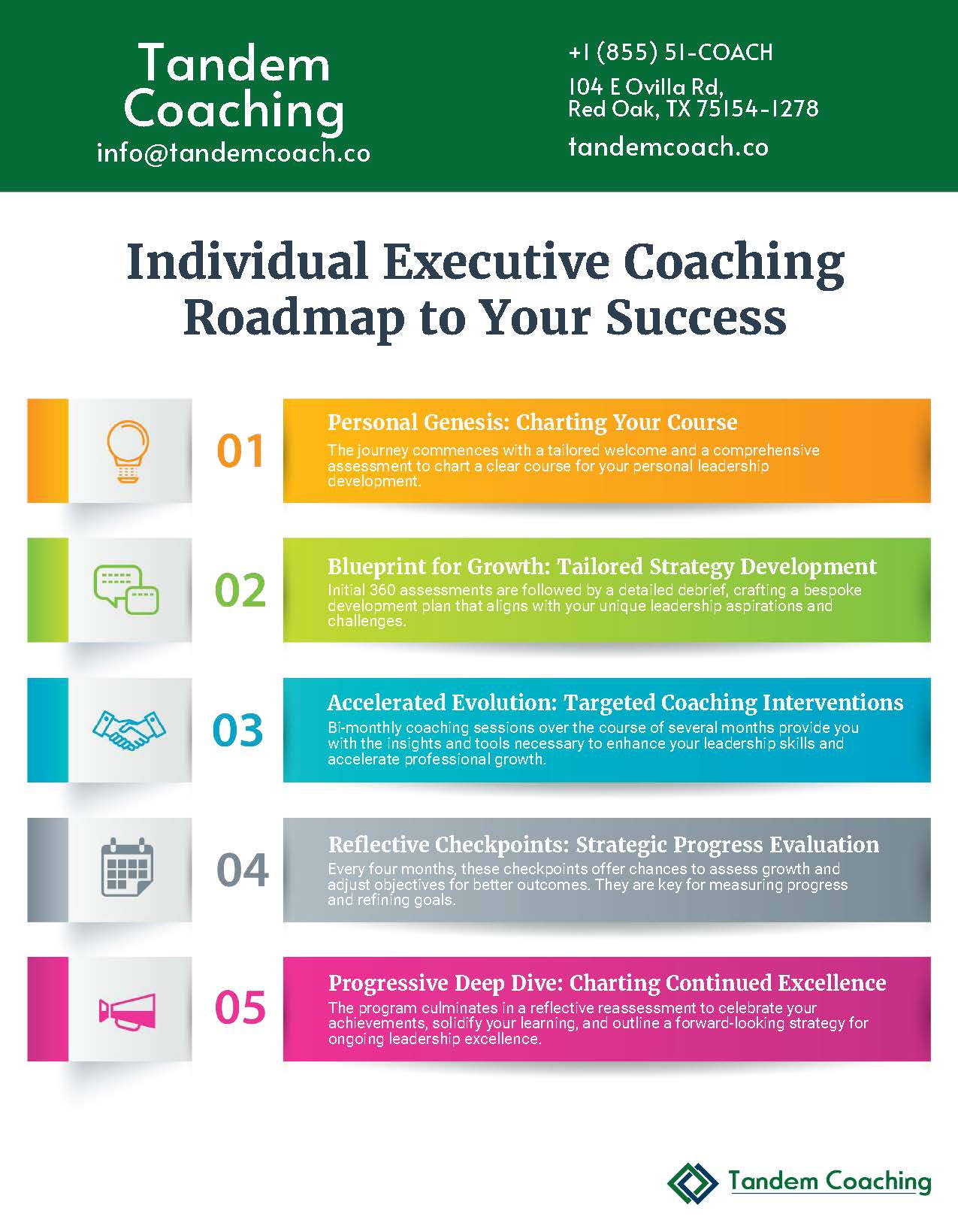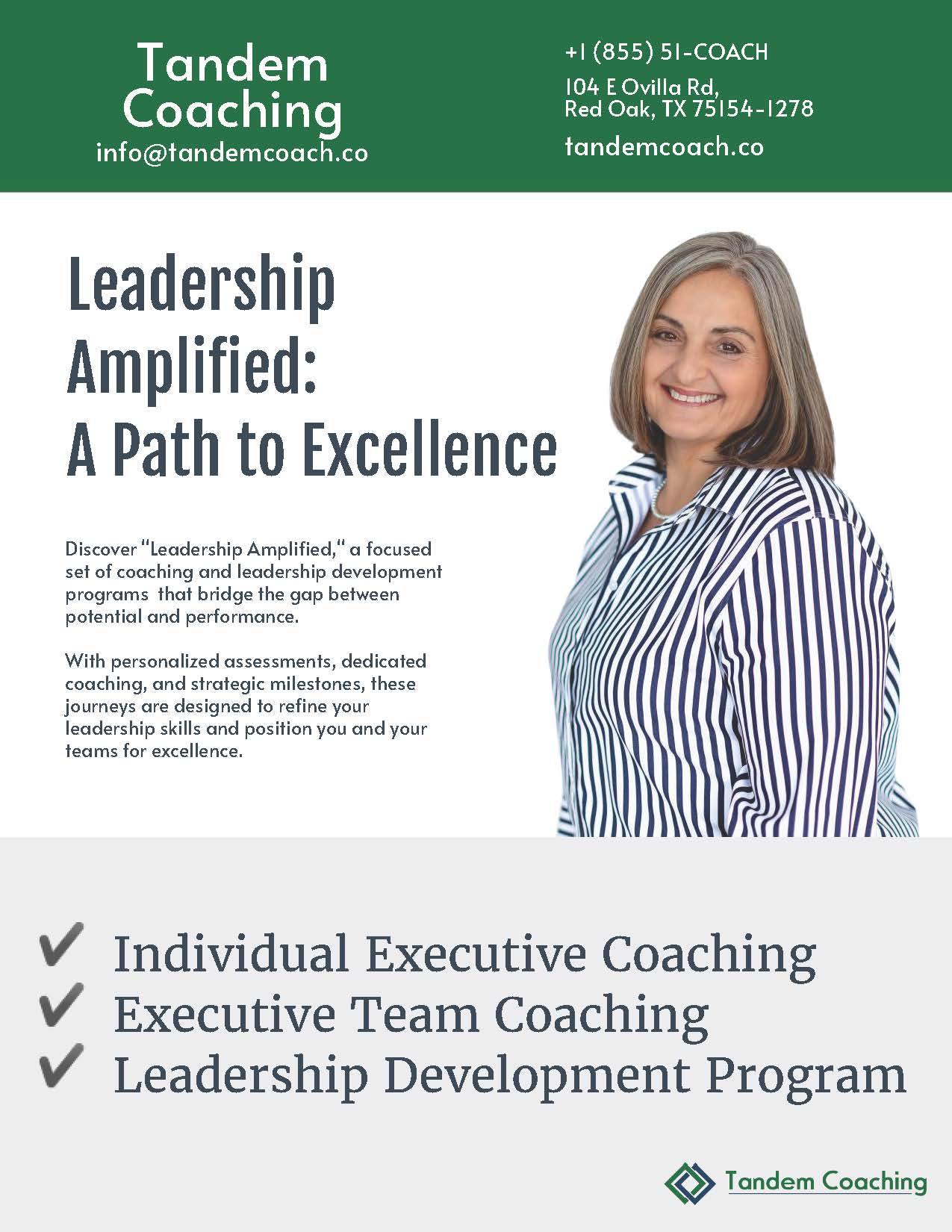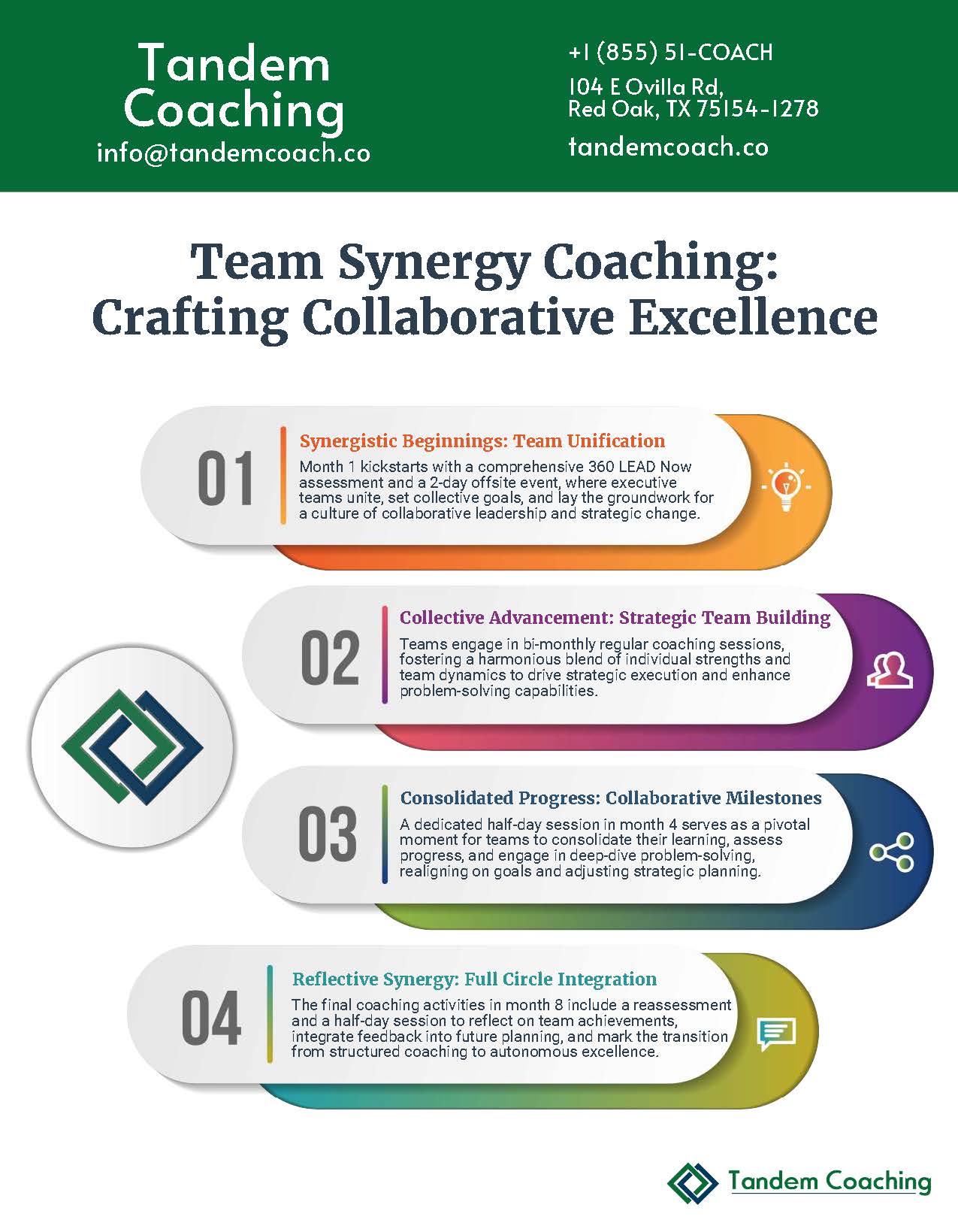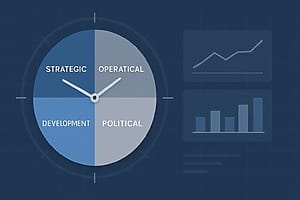You’re one exam away from stepping into the next level of your coaching career, but how do you ensure you’re fully prepared? The ICF Credentialing Exam isn’t just a test of knowledge—it’s a chance to showcase your ability to coach at the highest standards of the profession. Whether you’re targeting the ACC or PCC credential, mastering core competencies, and ethical guidelines is essential.
That’s where this guide comes in. With ICF exam sample questions, in-depth insights, and expert study tips, we’ve gathered everything you need to prepare effectively and approach your exam with confidence.
Take Free Sample Exam Now
"*" indicates required fields
ICF Certification Requirements
The ICF provides three distinct certification levels: Associate Certified Coach (ACC), Professional Certified Coach (PCC), and Master Certified Coach (MCC). Each level builds upon the last, requiring different levels of coaching experience, training hours, and an assessment to ensure your proficiency in the ICF’s core coaching competencies.
The process to obtain an ICF credential involves five core components:
- Coach-Specific Training: You must complete a set number of hours in coach-specific training. This number is different for every level (see below.) It is easier to do the training with an institute that is accredited by the ICF, otherwise you will have extra cost and extra work to get your training recognized.
- Accumulation of Coaching Hours: You need to log coaching sessions with clients with higher certifications requiring more hours. The majority of these hours need to be with paying clients. And there is always a minimum number of clients these sessions must be with.
- Mentor Coaching: For each level, you need to complete 10 hours of ICF mentor coaching over a period of at least three months. At least three of those hours need to be one-on-one sessions. Only the required certification level of the coach varies; they must hold at least the credential you are applying for.
- Performance Evaluation: For each level you must submit recordings of two coaching sessions for review to demonstrate your abilities.
- Passing the ICF Credentialing Exam: The ICF credentialing exam has to be passed for each level, unless your last exam is less than 12 months ago when you apply.
Let’s quickly look at the specific ICF requirements for the ACC, PCC, and MCC credentials.
If you are ready to start your ICF certification journey, reach out to us today.

ICF ACC Requirements
To qualify for the Associate Certified Coach (ACC) credential, you must complete the following steps:
- Training: 60 hours of coaching-specific education.
- Coaching Experience: 100 hours of client coaching, a minimum of 75 paid hours, and at least eight different clients.
The requirements for mentor coaching, performance evaluation, and exam are the same at all levels (see above.)
ICF ACC credential is perfect for coaches who are just starting their careers and want to showcase their foundational skills. More about our ACC certification program.
ICF PCC Requirements
The Professional Certified Coach (PCC) credential demands a higher level of experience and training. The requirements include:
- Training: 125 hours of coach-specific training.
- Coaching Experience: 500 hours of client coaching, at least 450 paid hours, and at least 25 clients.
The requirements for mentor coaching, performance evaluation, and exam are the same at all levels (see above.)
The ICF PCC certification is designed for coaches who have developed a significant coaching practice and want to validate their advanced expertise.
ICF MCC Requirements
The Master Certified Coach (MCC) credential is the highest level of certification and requires extensive coaching experience and advanced skills. The application process includes:
- Training: 200 hours of coach-specific education.
- Coaching Experience: 2,500 hours of coaching, with at least 2,250 paid hours and at least 35 clients.
The requirements for mentor coaching, performance evaluation, and exam are the same at all levels (see above.)
The MCC credential is reserved for highly experienced coaches looking to establish themselves as masters of the coaching profession.

ICF Credentialing Exam Structure
The ICF Credentialing Exam is a multiple-choice assessment that evaluates your knowledge of coaching, with a focus on the ICF definition of coaching, Core Competencies, and the Code of Ethics.
The exam consists of 78 questions, each featuring a scenario that presents a typical coaching challenge. For every scenario, you’re given four response options. Your task is to choose the best possible action and the worst possible action based on the situation described.
Your score is determined by how accurately you identify the correct best and worst actions for each situation. You’re credited for each correct response, and there’s no penalty for incorrect answers. The scoring system is based on a range from 200 to 600, with a passing score set at 460.
The exam is available in English, but language aids are provided in other languages to support candidates worldwide.
Would you like a guide to help you prepare? Contact us now to get started on your (next) ICF credentialing path.

ICF Exam Sample Questions (with Detailed Answers)
Here are a couple of official sample questions as found on ICF’s website. Please note that these have been taken verbatim from their website to ensure authenticity and accuracy of information. For more such questions, you can visit their website.
Question 1
“A coach is meeting with a prospective client who is growing a new business. The coach and potential client quickly establish an easy connection. The coach is excited about the opportunity to work with the client. As the coach and client are ending their conversation, the prospective client briefly mentions the name of their new business. The coach recognizes the business, as the coach is an investor in a more established competitor business in the same community. What should the coach do?
What is the BEST action?
- Not say anything. Try to keep their role as an investor in a competing business separate from their role as a coach.
- Share that the business name sounds familiar and make a mental note to determine whether it is a competitor business later that evening.
- Share their role as investor in the competitor business only if the potential client follows up to pursue coaching with the coach.
- Share their role as an investor in a competing business and acknowledge the possibility of a conflict of interest with the client. (Correct Answer)
What is the WORST action?
- Not say anything. Try to keep their role as an investor in a competing business separate from their role as a coach. (Correct Answer)
- Share that the business name sounds familiar and make a mental note to determine whether it is a competitor business later that evening.
- Share their role as investor in the competitor business only if the potential client follows up to pursue coaching with the coach.
- Share their role as an investor in a competing business and acknowledge the possibility of a conflict of interest with the client.”

Question 2
“A coach is working with a client who is an experienced marathon runner writing a book on training for endurance races. This is a long-held dream for the client. The coach notices that the client often uses running metaphors when talking about their challenges and progress in their writing. The client is typically upbeat and energetic, but they arrive at today’s session appearing tired and discouraged. They share with the coach that they have recently “hit a wall” in writing, with three chapters remaining. When they sit down to write, the client says they can barely come up with anything, and nothing that is worth publishing. The client says they are afraid they won’t be able to complete the book on time and that all of their work toward this goal will be lost. What should the coach do?
What is the BEST action?
- Ask the client if they would like to explore their fear of not finishing the book.
- Remind the client that they have achieved extremely challenging goals in the past and can meet this big goal, too.
- Ask the client if there was a time when they were running a marathon and felt like they couldn’t finish. Invite the client to share how they handled that challenge in the race. (Correct Answer)
- Support the client in identifying strategies to help them move forward in writing the remaining chapters of the book.
What is the WORST action?
- Ask the client if they would like to explore their fear of not finishing the book.
- Remind the client that they have achieved extremely challenging goals in the past and can meet this big goal, too. (Correct Answer)
- Ask the client if there was a time when they were running a marathon and felt like they couldn’t finish. Invite the client to share how they handled that challenge in the race.
- Support the client in identifying strategies to help them move forward in writing the remaining chapters of the book.”

Common Mistakes to Avoid While Preparing for the ICF Exam
While preparing for the ICF Credentialing Exam, many candidates fall into common pitfalls. Here are a few mistakes to avoid:
- Relying Too Heavily on Theory: The exam emphasizes the practical application of coaching skills. Focus on understanding how to apply coaching principles to real-life scenarios.
- Not Practicing with Sample Questions: Working through sample questions helps you familiarize yourself with the exam format and improves your ability to think through coaching situations.
- Skipping the ICF Core Competencies: The exam heavily tests your knowledge of the ICF Core Competencies and Code of Ethics, so ensure you understand them inside out.
- Procrastinating: Give yourself plenty of time to review the material and practice consistently. Cramming before the exam can lead to stress and confusion.

Effective Strategies for ICF Exam Preparation
Here are some strategies to ensure you’re fully prepared for the ICF Credentialing Exam:
- Familiarize Yourself With the ICF Core Competencies and Code of Ethics: These competencies are at the heart of the exam. Review them thoroughly and understand how to apply them in different coaching scenarios. You’ll also need to be familiar with ICF’s definition of coaching.
- Practice With Sample Questions: The more you practice, the better you’ll get at handling different types of questions. Use online resources, study guides, and ICF-approved materials to sharpen your skills.
- Take Mock Exams: Simulate the exam experience by timing yourself and answering mock questions in one sitting. This will help you manage your time effectively during the actual test.
- Join a Study Group: Engaging with other coaches who are preparing for the exam can provide valuable insights and keep you motivated.
At Tandem Coaching, we offer ACC, PCC, and ACTC training to help you reach your career goals as a coach. Book a free consultation today to find out more.

Frequently Asked Questions (FAQs)
Here are a few questions we frequently get about ICF exam preparation:
What Are the Key Competencies Tested in the ICF Exam?
The ICF Credentialing Exam tests the eight core competencies:
- Ethical practice
- Embodying coaching mindset
- Establishing agreements
- Building trust and safety
- Maintaining coaching presence
- Listening actively
- Evoking awareness
- Facilitating client growth
Beyond that you will also be tested on your knowledge of the ICF Code of Ethics and the ICF definition of coaching.
What is the Pass Rate for the ICF Credentialing Exam?
In recent years, the pass rate for the credentialing exam has been around 75% on the first attempt, with another 12% passing on the second attempt.
How Many Questions Are on the ICF Exam?
The credentialing exam consists of 78 situational judgment questions that require you to demonstrate your knowledge of how to apply the core competencies and code of ethics to real-life coaching scenarios.
Are There Any Specific Books Focused on ICF Credentialing Exam Sample Questions?
Several study guides and coaching handbooks include preparation tips for the ICF exam. Look for materials that focus on ICF core competencies and ethical guidelines. Additionally, the ICF website offers resources and a few sample questions to help candidates prepare.
Conclusion – ICF Exam Practice Questions
Mastering the ICF Credentialing Exam requires a blend of theory and practical application. By familiarizing yourself with the ICF core competencies, code of ethics, and definition of coaching, you cover the theory. Practicing sample questions and leaning into your mentor’s coaching will help you with the practical prep.
Use this guide as your starting point, and take the time to sharpen your coaching skills so you can approach the ICF exam with confidence and success.
If you need help, we have plenty of experience and expertise to share. Just get in touch.



Boost Your Leadership Team Success!
Take your leadership team to the next level and achieve great results with our executive coaching.
Learn how our coaching and ASPIRE method can change things for you—get a free brochure to begin your journey.
About the Author
Cherie Silas, MCC
She has over 20 years of experience as a corporate leader and uses that background to partner with business executives and their leadership teams to identify and solve their most challenging people, process, and business problems in measurable ways.















